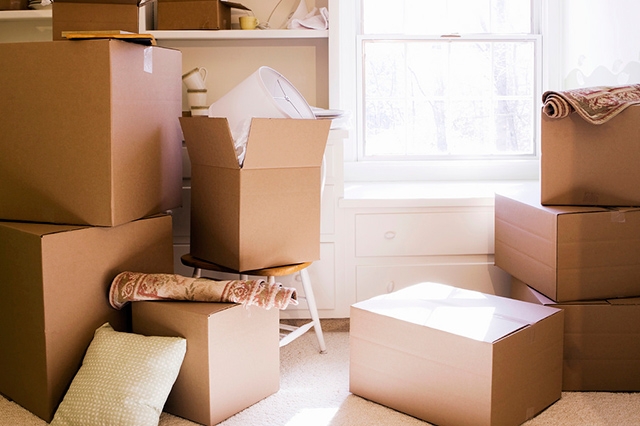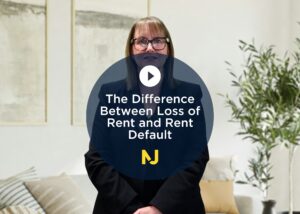Packing for a move can be stressful. It’s easy to think you haven’t accumulated many things until you get out the boxes and packing tape. Don’t let the excitement of moving to a new home be overshadowed by a last minute disorganised rush to pack.
Start early
- Start going through your belongings as soon as you know you’re moving. Run a critical eye over everything you own and decide if it has a place in your new home. This is also a great time to go through clothes and part with any that haven’t been worn in the last 12 months.
- Advertise unwanted items on eBay, Gumtree or local Buy/Swap/Sell Facebook pages or donate to your local Op Shop or charity. If you’re short on time and reside in Melbourne you can arrange a home pick up by Diabetes Victoria.
- Content in cupboards can be packed in advance and the boxes stored in the bottom of cupboards.
Organisation is your key to being stress
- Use coloured labels to distinguish boxes containing fragile items.
- Clearly write the destination room on each box, including a brief description of the contents to help you prioritise which boxes to unpack.
- Number all your boxes so you can track down a missing box if needed.
Little details make a big difference
- Don’t skimp on packing tape particularly on the bottom of boxes
- Label all electronic cords so you know what piece of equipment they belong to
- Wrap bathroom and kitchen liquids in bags before you place them in boxes
- Pack heavier items on the bottom and lighter items on top
- Gaps in boxes can be plugged with linen, socks or clothing
- Place screws and bolts from dismantled furniture in snap lock bags and label so they can be matched up later
- Don’t use bags instead of boxes as they are likely to tear
- Pack heavy books into small cartons
Don’t overlook
- Important documents, expensive jewellery and other irreplaceable items should be carried with you rather than left in the hands of removalists.






